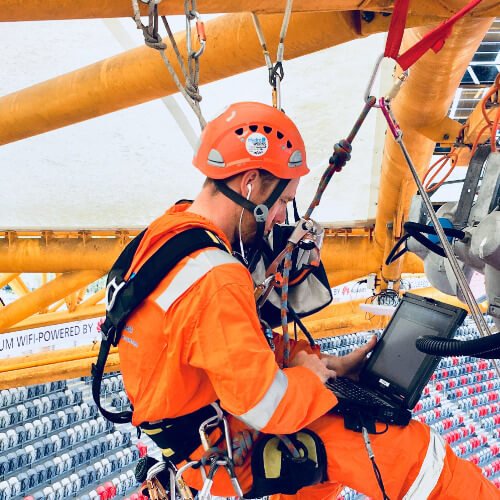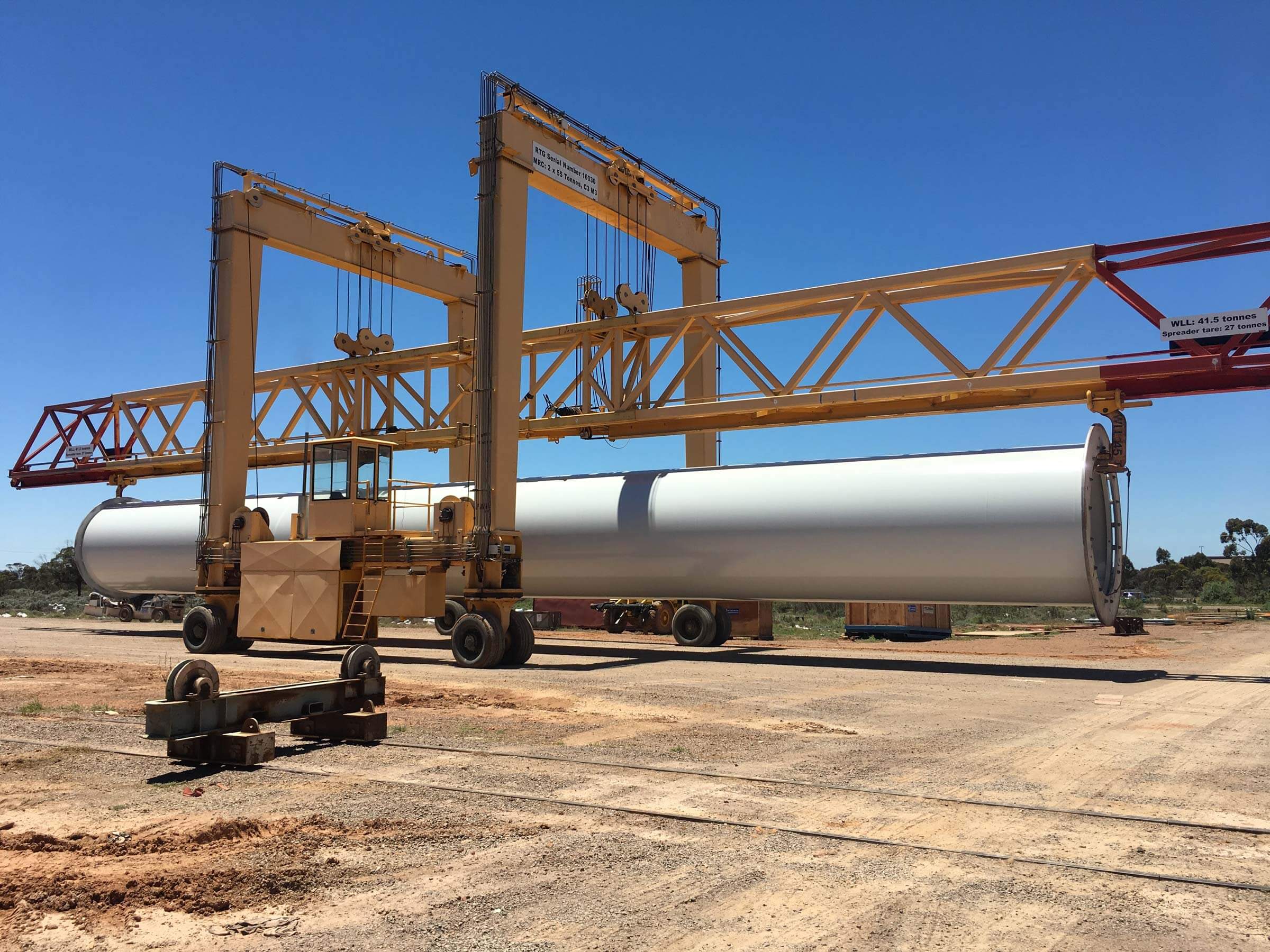Whether new or existing structures, our National Association of Corrosion Engineers (NACE) accredited inspectors can perform an in-depth analysis and condition assessment prior to construction or maintenance works. We’ll clearly identify the scope and scale of your project. Should we identify any areas of concern, you’ll get a failure analysis that explains the nature and extent of any damage that may be present.
This information can be used to develop a dedicated surface treatment specification and inspection and test plan (ITP) during the planning stage. This ensures congruency throughout the project, saving you time and money.

